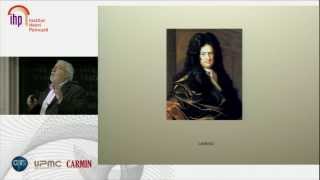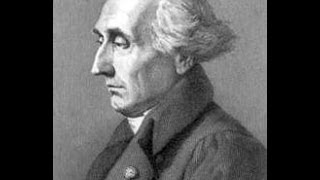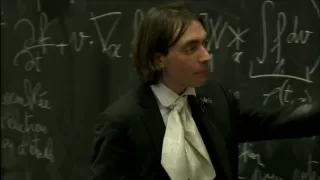French geometers | Mathematical analysts | Number theorists
Joseph-Louis Lagrange
Joseph-Louis Lagrange (born Giuseppe Luigi Lagrangia or Giuseppe Ludovico De la Grange Tournier; 25 January 1736 – 10 April 1813), also reported as Giuseppe Luigi Lagrange or Lagrangia, was an Italian mathematician and astronomer, later naturalized French. He made significant contributions to the fields of analysis, number theory, and both classical and celestial mechanics. In 1766, on the recommendation of Swiss Leonhard Euler and French d'Alembert, Lagrange succeeded Euler as the director of mathematics at the Prussian Academy of Sciences in Berlin, Prussia, where he stayed for over twenty years, producing volumes of work and winning several prizes of the French Academy of Sciences. Lagrange's treatise on analytical mechanics (Mécanique analytique, 4. ed., 2 vols. Paris: Gauthier-Villars et fils, 1788–89), written in Berlin and first published in 1788, offered the most comprehensive treatment of classical mechanics since Newton and formed a basis for the development of mathematical physics in the nineteenth century. In 1787, at age 51, he moved from Berlin to Paris and became a member of the French Academy of Sciences. He remained in France until the end of his life. He was instrumental in the decimalisation in Revolutionary France, became the first professor of analysis at the École Polytechnique upon its opening in 1794, was a founding member of the Bureau des Longitudes, and became Senator in 1799. (Wikipedia).














